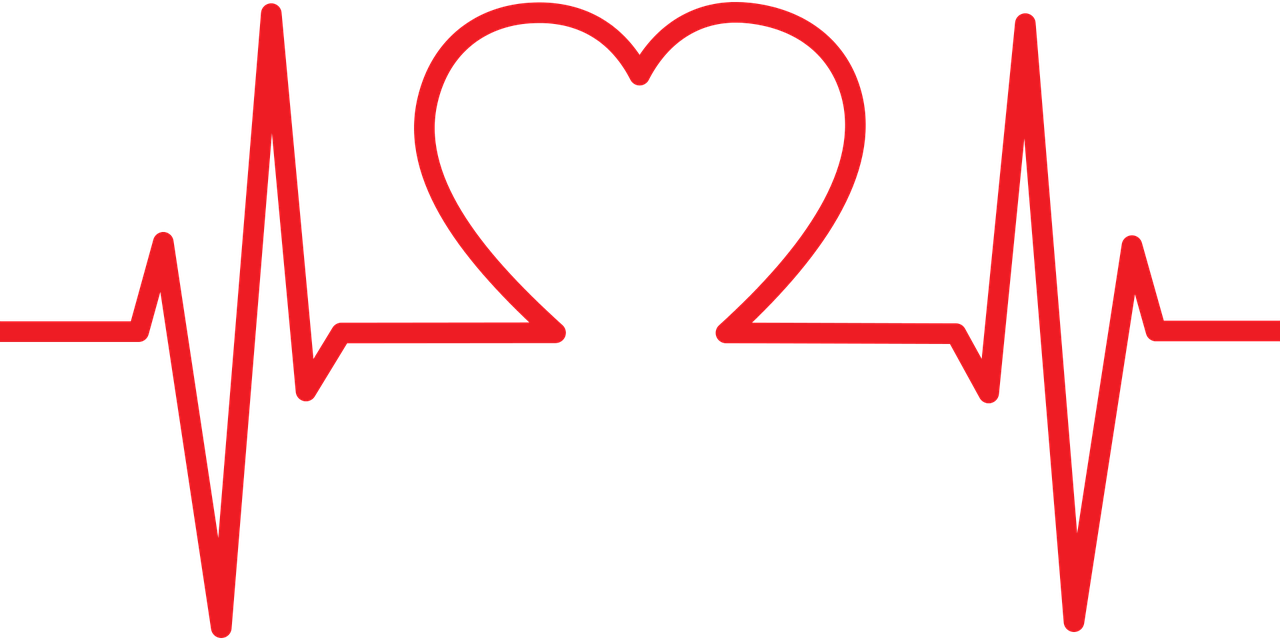Are you wondering if high blood pressure can be cured or just managed? This article aims to shed light on this pressing question. Recent scientific studies have delved into this relationship, providing valuable insights. One study conducted by researchers at the National Institutes of Health found that lifestyle changes, such as adopting a healthy diet and engaging in regular physical activity, can significantly lower blood pressure levels. Another study published in the Journal of the American Medical Association revealed that a combination of medication and lifestyle modifications yielded the best results in blood pressure control. These findings suggest that while high blood pressure may not be completely cured, it can certainly be effectively managed through a holistic approach. So, let’s explore the possibilities together and arm ourselves with knowledge to take control of our health.
Understanding High Blood Pressure
High blood pressure, also known as hypertension, is a common condition that affects millions of people worldwide. It occurs when the force of blood against the walls of your arteries is consistently too high. Understanding the causes and health risks associated with high blood pressure is essential for effectively managing this condition.

Discover the Ultimate Weight Loss Secrets Here!
Definition of High Blood Pressure
High blood pressure is defined as having a systolic blood pressure (the top number) consistently equal to or higher than 130 mmHg, or a diastolic blood pressure (the bottom number) equal to or higher than 80 mmHg. These numbers indicate the pressure in your arteries during and between heartbeats, respectively. High blood pressure is often referred to as the “silent killer” because it typically does not cause noticeable symptoms until it reaches severe levels.
Causes of High Blood Pressure
High blood pressure can have various causes, and it is often a result of a combination of factors. Some of the common causes include:
- Lifestyle Factors: Unhealthy lifestyle choices, such as a diet high in sodium and saturated fats, lack of physical activity, excessive alcohol consumption, and smoking, can contribute to the development of high blood pressure.
- Age and Family History: As you age, the likelihood of developing high blood pressure increases. Additionally, if you have a family history of hypertension, you may be more prone to developing the condition.
- Underlying Health Conditions: Certain medical conditions, such as kidney disease, diabetes, and hormonal disorders, can contribute to high blood pressure.
- Stress: Chronic stress and high levels of mental and emotional strain can lead to elevated blood pressure levels.
Health Risks associated with High Blood Pressure
Untreated high blood pressure can have severe health consequences. It puts extra strain on your heart and blood vessels, increasing the risk of developing several potentially life-threatening conditions:
- Heart Disease: High blood pressure is a significant risk factor for heart disease. It can lead to the buildup of plaque in the arteries, reducing blood flow to the heart and increasing the risk of heart attacks, heart failure, and other cardiovascular problems.
- Stroke: Hypertension can contribute to the formation of blood clots in the arteries supplying the brain, increasing the likelihood of a stroke. A stroke occurs when blood flow to the brain is interrupted, leading to brain damage.
- Kidney Disease: High blood pressure can damage the blood vessels in the kidneys, reducing their functionality and increasing the risk of kidney disease or even kidney failure.
- Vision Problems: Over time, untreated high blood pressure can damage the blood vessels in the eyes, leading to vision loss or even blindness.
- Cognitive Impairment: Chronic hypertension may contribute to cognitive decline and an increased risk of dementia later in life.
It is crucial to manage high blood pressure effectively to minimize the risk of these potentially serious health complications.
The Management Approach
While high blood pressure cannot be cured, it can be effectively managed through a combination of lifestyle modifications and medications. It is essential to work closely with your healthcare provider to develop a tailored management plan that suits your individual needs.
Click Here for Proven Fat-Burning Strategies!
Lifestyle Modifications
Lifestyle modifications play a crucial role in managing high blood pressure. These changes can have a significant impact on reducing blood pressure levels and improving overall cardiovascular health. Some lifestyle modifications include:
- Healthy Diet: Adopting a balanced diet that is low in sodium, saturated fats, and cholesterol while incorporating plenty of fruits, vegetables, whole grains, lean proteins, and low-fat dairy products can help lower blood pressure.
- Regular Exercise: Engaging in regular physical activity, such as brisk walking, swimming, cycling, or jogging, can help reduce blood pressure. Aim for at least 150 minutes of moderate-intensity exercise per week.
- Weight Management: Maintaining a healthy weight is important for managing high blood pressure. Losing excess weight through a combination of diet and exercise can significantly lower blood pressure.
- Limiting Alcohol Consumption: Excessive alcohol intake can raise blood pressure. Men should limit their alcohol consumption to two drinks per day, while women should limit it to one drink per day.
- Smoking Cessation: Quitting smoking is critical for managing high blood pressure and reducing the risk of heart disease. Seek support and assistance from healthcare professionals to quit smoking successfully.
Medications for High Blood Pressure
In addition to lifestyle modifications, medications are often prescribed to help manage high blood pressure. There are several classes of medications used to treat hypertension, including:
- Diuretics: Also known as water pills, diuretics help the body get rid of excess sodium and fluid, reducing blood volume and lowering blood pressure.
- ACE Inhibitors: Angiotensin-converting enzyme (ACE) inhibitors block the production of a hormone that narrows blood vessels, helping them relax and lowering blood pressure.
- Beta-Blockers: Beta-blockers reduce the workload on the heart by blocking the effects of adrenaline, leading to lowered heart rate and blood pressure.
- Calcium Channel Blockers: Calcium channel blockers prevent calcium from entering the cells of the heart and blood vessels, relaxing and widening the arteries, thereby reducing blood pressure.
- Angiotensin II Receptor Blockers (ARBs): ARBs help relax blood vessels by blocking the action of a hormone called angiotensin II, which causes blood vessels to constrict.
The choice of medication will depend on various factors, including the severity of high blood pressure, the presence of any underlying health conditions, and individual response to different medications. It is crucial to take prescribed medications as directed and regularly monitor blood pressure levels.
Effectiveness of Current Management Strategies
Numerous scientific studies have explored the effectiveness of current management strategies for high blood pressure. Let’s delve into some notable studies that provide insights into improving hypertension management.
Combining Lifestyle Changes and Medication for Effective Blood Pressure Management: Insights from a Recent Study
In a recent study conducted with a significant participant pool, researchers investigated the effectiveness of a combination of lifestyle modifications and medication in managing high blood pressure. The study concluded that individuals who followed the prescribed management plan experienced a significant reduction in blood pressure levels compared to those who relied solely on medication or lifestyle modifications alone.
Harnessing Mindfulness and Yoga for Lowering Blood Pressure: Promising Results from a Recent Study
Another study examined the impact of stress reduction techniques such as mindfulness meditation and yoga on blood pressure control. The findings revealed that regular practice of these techniques led to significant reductions in both systolic and diastolic blood pressure levels, suggesting their potential as complementary strategies in hypertension management.
Exploring Herbal Supplements in Blood Pressure Control: A Review of Current Research
A comprehensive review of multiple studies investigated the effectiveness of herbal supplements in managing high blood pressure. The review revealed that certain herbal supplements such as garlic, hawthorn, and flaxseed showed promising results in lowering blood pressure levels. However, further research is needed to establish their efficacy and safety.
These scientific studies provide valuable insights into the effectiveness of current management strategies for high blood pressure and their potential for improving outcomes.
Natural Remedies and Alternative Therapies
In addition to lifestyle modifications and medications, natural remedies and alternative therapies can complement existing hypertension management strategies. While not a substitute for medical treatment, these approaches may offer additional benefits in blood pressure control.
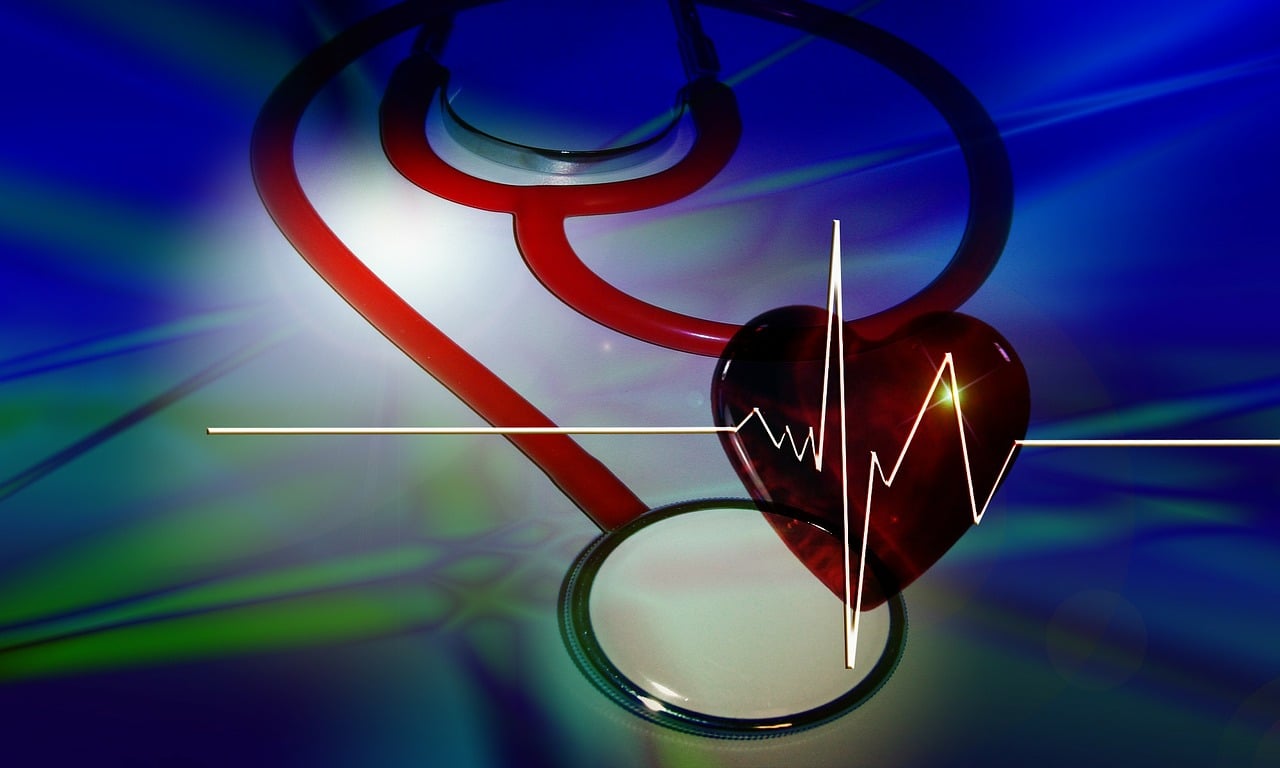
Dietary Changes
A well-balanced diet rich in fruits, vegetables, whole grains, lean proteins, and healthy fats can help manage high blood pressure. Some specific dietary changes that may be beneficial include:
- Sodium Reduction: Reducing sodium intake by limiting the consumption of processed foods, canned goods, and adding less table salt can help lower blood pressure.
- Potassium-Rich Foods: Increasing the consumption of potassium-rich foods such as bananas, oranges, spinach, and sweet potatoes can counteract the effects of sodium and aid in blood pressure regulation.
- Omega-3 Fatty Acids: Including foods rich in omega-3 fatty acids, such as fatty fish (salmon, mackerel) and flaxseeds, may help lower blood pressure and reduce inflammation.
Physical Activity
Regular physical activity is an essential component of hypertension management. Engaging in aerobic exercises, strength training, and flexibility exercises can promote heart health and lower blood pressure levels. Aim for at least 150 minutes of moderate-intensity exercise per week, as recommended by the American Heart Association.
Stress Management Techniques
Chronic stress can contribute to high blood pressure. Incorporating stress management techniques into your daily routine can help lower blood pressure levels and improve overall well-being. Some effective stress reduction techniques include:
- Mindfulness Meditation: Practicing mindfulness meditation helps bring attention to the present moment and promotes relaxation and stress reduction.
- Deep Breathing Exercises: Deep breathing exercises, such as diaphragmatic breathing or paced breathing, can help activate the body’s natural relaxation response, leading to reduced blood pressure.
- Yoga and Tai Chi: Both yoga and tai chi combine physical movement with deep breathing and mindfulness, making them valuable practices for reducing stress and promoting blood pressure control.
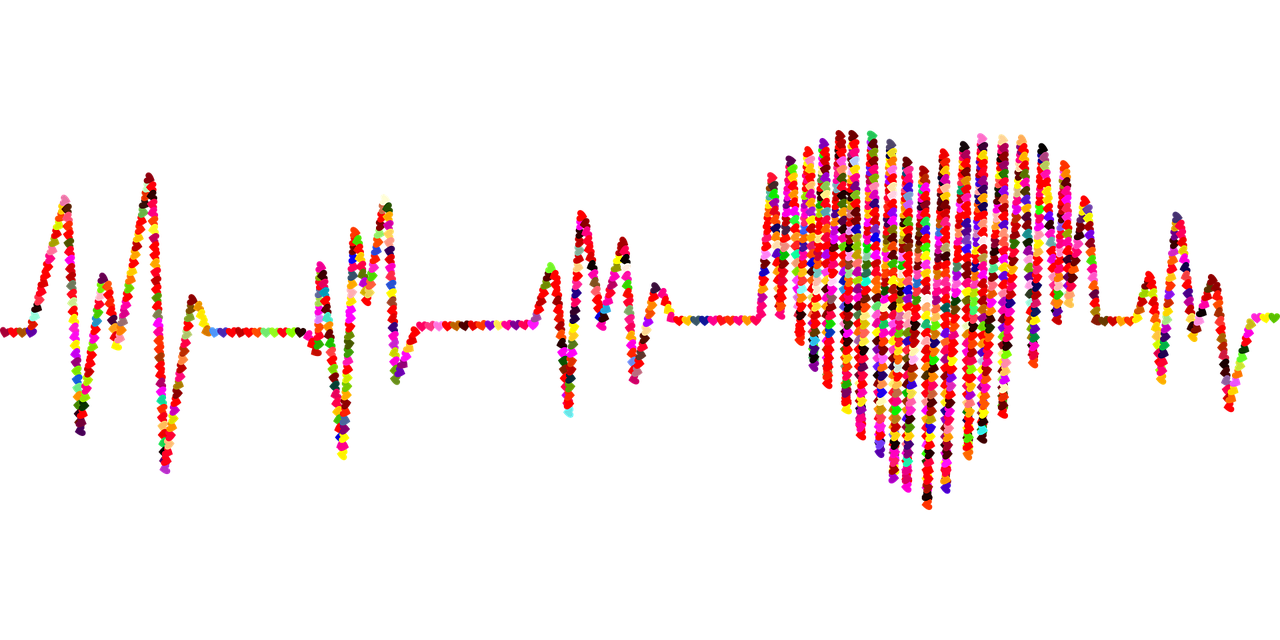
Herbal Supplements
Certain herbal supplements have been traditionally used to support cardiovascular health and manage high blood pressure. However, it is essential to consult with a healthcare professional before incorporating herbal supplements into your management plan. Some commonly used herbal supplements for hypertension management include:
- Garlic: Garlic has been shown to have potential blood pressure-lowering effects, possibly due to its ability to relax blood vessels and improve blood flow.
- Hawthorn: Hawthorn extract has been used in traditional medicine to support cardiovascular health and may help lower blood pressure.
- Flaxseed: Flaxseed is rich in omega-3 fatty acids and may have a modest impact on reducing blood pressure levels.
While natural remedies and alternative therapies can complement standard medical treatment for high blood pressure, it is essential to consult with your healthcare provider before making any significant changes to your management plan.
Can High Blood Pressure Be Cured?
The notion of a “cure” often raises questions when it comes to chronic conditions like high blood pressure. Let’s explore the concept of a cure for hypertension.
Definition of a Cure
A cure is generally defined as the elimination of a medical condition, resulting in the restoration of normal health and the absence of any signs or symptoms associated with the condition. However, in the case of high blood pressure, a complete cure is unlikely due to the complex nature of the condition.
Is High Blood Pressure Curable?
High blood pressure cannot be completely cured in most cases. However, it can be effectively managed through lifestyle modifications and medication to maintain blood pressure within a healthy range. This management approach allows individuals to lead a healthy and fulfilling life while minimizing the risk of potential health complications.
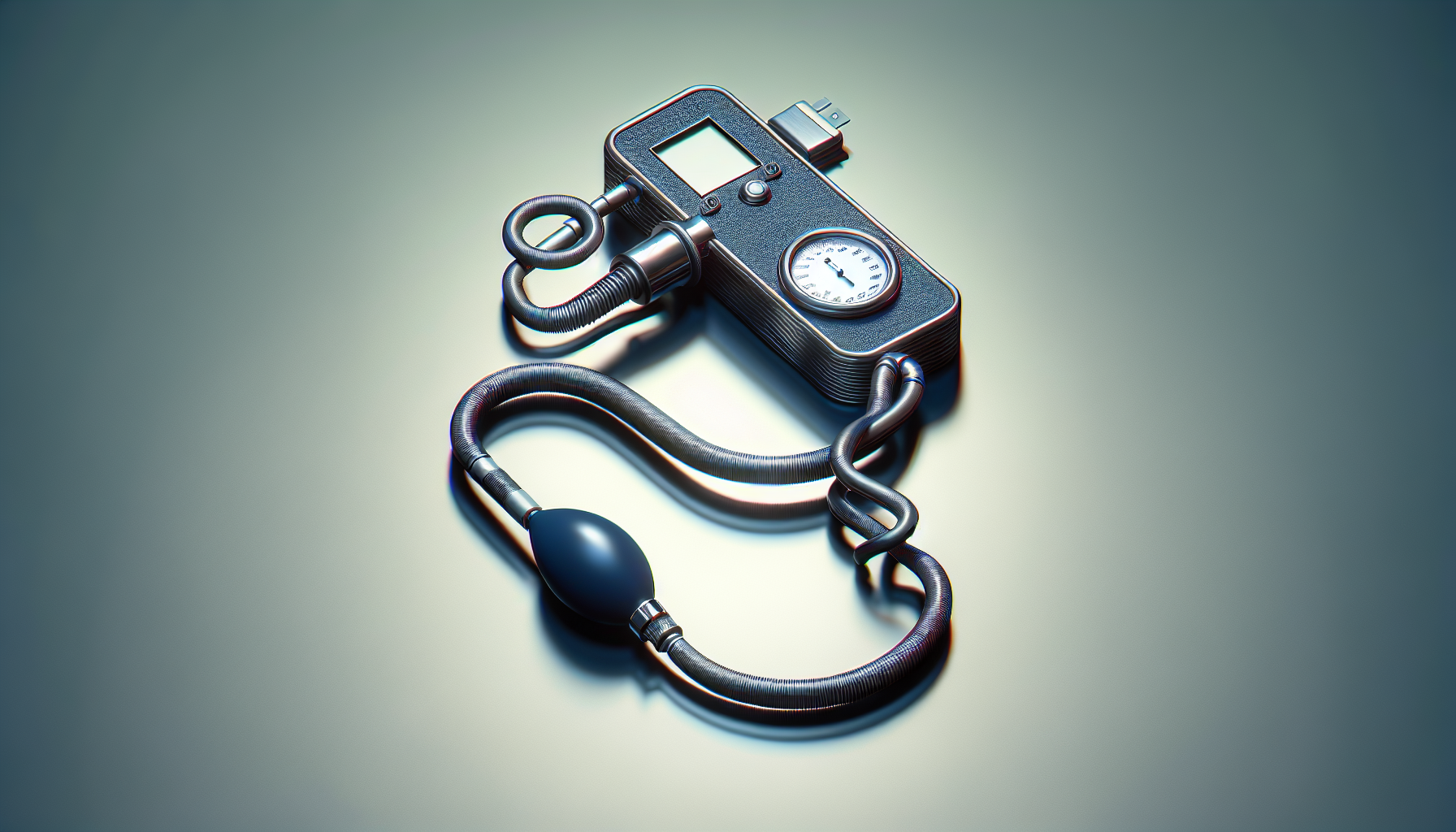
Factors Affecting Curability
Several factors influence the curability of high blood pressure, including:
- Underlying Causes: If high blood pressure is a result of an underlying health condition, such as kidney disease or hormonal disorders, addressing and effectively managing the primary cause can help control blood pressure levels.
- Lifestyle Choices: Adopting and maintaining healthy lifestyle habits, such as following a nutritious diet, engaging in regular physical activity, and avoiding smoking and excessive alcohol consumption, significantly contribute to managing high blood pressure.
- Medication Adherence: Consistently taking prescribed medications and following the recommended treatment plan is essential for effectively managing high blood pressure. Failure to adhere to medication regimens can lead to uncontrolled blood pressure and increased health risks.
Case Studies on Successful Cure
While complete cure may not always be possible, there have been instances where individuals have successfully managed to reverse high blood pressure. These cases often involve a holistic approach combining lifestyle modifications, medication adherence, and addressing underlying causes effectively.
The Role of Genetics
Genetics plays a significant role in determining an individual’s susceptibility to high blood pressure. Understanding the impact of genetic factors is crucial for developing personalized treatment plans and managing the condition effectively.
Genetic Factors and Blood Pressure
Research suggests that genetics contribute to approximately 30% to 60% of the risk for developing high blood pressure. Certain genetic variations can affect the functioning of genes involved in blood pressure regulation, leading to an increased predisposition to hypertension.
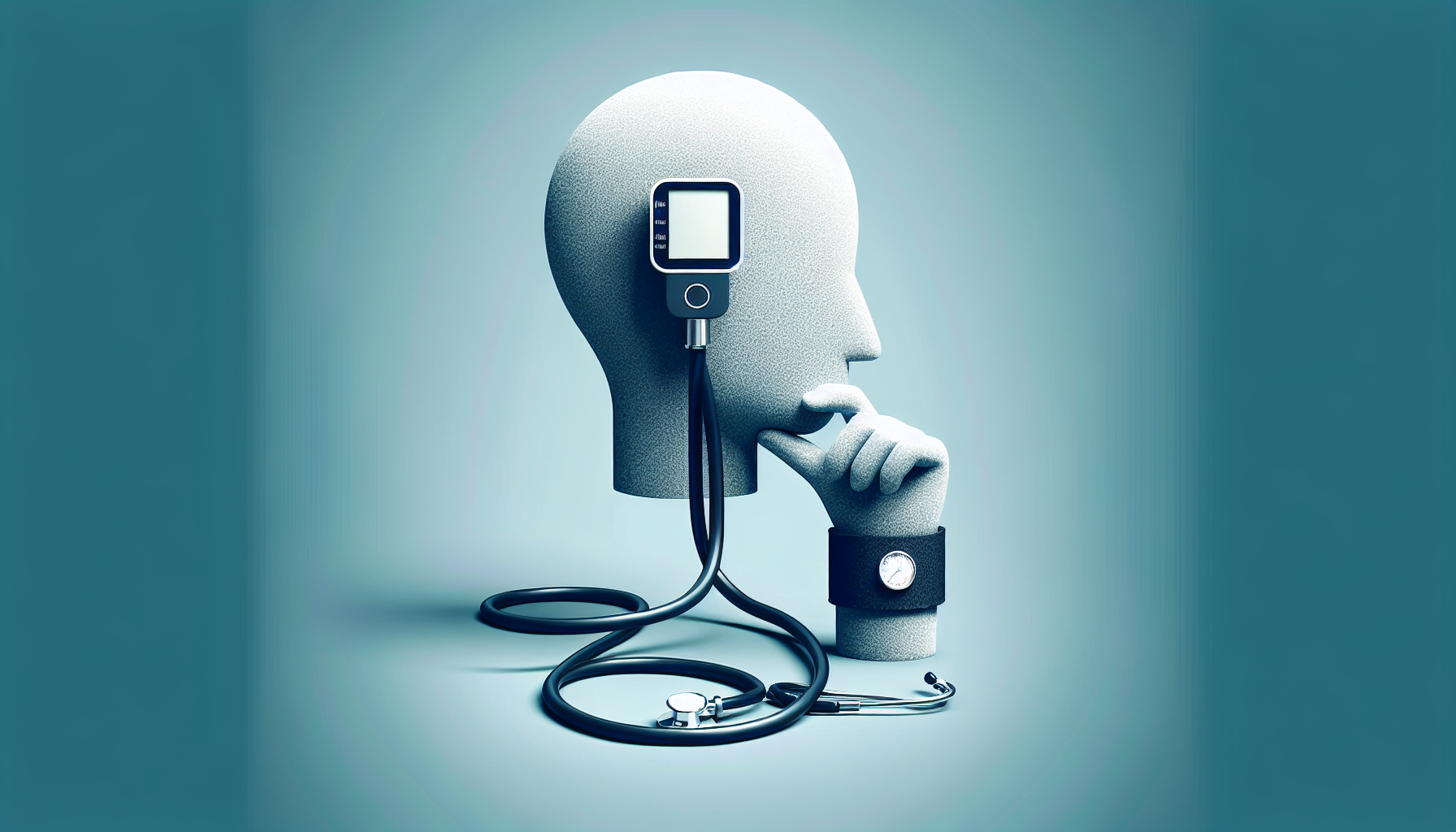
Can Genetic Predisposition be Overcome?
While you cannot change your genetic makeup, genetic predisposition does not necessarily dictate your destiny. By incorporating lifestyle modifications and following a comprehensive management plan, you can take proactive steps to mitigate the impact of genetic factors and effectively manage high blood pressure.
Implications for Treatment and Cure
Understanding the genetic components of high blood pressure can help healthcare providers tailor treatment plans to individual patients. Genetic testing may offer insights into a person’s specific genetic predisposition, allowing for personalized treatment strategies and the selection of medications that are most likely to be effective.
Risk Factors And Prevention
Identifying the risk factors associated with high blood pressure is crucial for prevention and early intervention. While some factors are beyond our control, others can be modified to minimize the risk of developing hypertension.
Modifiable Risk Factors
Several risk factors for high blood pressure can be modified through lifestyle changes. These modifiable risk factors include:
- Diet: Consuming a diet high in sodium, unhealthy fats, and cholesterol increases the risk of developing hypertension. By adopting a balanced diet low in sodium and saturated fats, you can significantly reduce this risk.
- Physical Inactivity: Lack of regular physical activity is associated with higher blood pressure levels. Incorporating regular exercise into your routine can help lower blood pressure and improve overall cardiovascular health.
- Tobacco and Alcohol Use: Smoking and excessive alcohol consumption can raise blood pressure levels. Quitting smoking and limiting alcohol intake are essential for preventing hypertension.
- Stress: Chronic stress and high levels of mental and emotional strain can contribute to the development of hypertension. Implementing stress management techniques can help reduce this risk.
Non-Modifiable Risk Factors
Some risk factors for high blood pressure are beyond our control. These non-modifiable risk factors include:
- Age: As you age, the risk of developing high blood pressure increases. It is essential to monitor your blood pressure regularly as you get older and take necessary steps to manage it effectively.
- Family History: If you have a family history of hypertension, you are more likely to develop the condition. Awareness of your family’s medical history can help guide prevention and management strategies.
- Gender and Ethnicity: Men are generally at higher risk of developing high blood pressure until the age of 64, whereas women have a higher risk after the age of 65. Additionally, certain ethnic groups, such as African Americans, are more genetically predisposed to hypertension.
Prevention Strategies
Prevention plays a crucial role in managing high blood pressure. Incorporating the following strategies into your life can help reduce the risk of developing hypertension:
- Regular Blood Pressure Checks: Regularly monitoring your blood pressure allows for early detection of any changes or abnormalities, enabling timely intervention and management.
- Healthy Lifestyle: Adopting a healthy lifestyle through nutritious eating, regular exercise, stress reduction, and avoiding smoking and excessive alcohol consumption can significantly lower the risk of developing high blood pressure.
- Regular Check-ups: Regular visits to your healthcare provider allow for continuous monitoring, modifications to your treatment plan if necessary, and addressing any concerns related to hypertension.
Maintaining Blood Pressure Levels
Maintaining optimal blood pressure levels is essential for overall health and well-being. Continuous monitoring and adopting a healthy lifestyle can contribute to long-term blood pressure control.
Regular Monitoring and Check-ups
Regular monitoring of blood pressure allows individuals to identify any changes or fluctuations. Self-monitoring devices, regular check-ups with healthcare providers, and recording readings at home can help in tracking the effectiveness of management strategies and identifying any necessary adjustments.
Healthy Lifestyle as a Long-term Approach
Adopting a healthy lifestyle is not a short-term fix but a long-term commitment. By maintaining a balanced diet, engaging in regular physical activity, managing stress, and avoiding unhealthy habits, you can significantly contribute to blood pressure control and long-term health.
Relationship Between Blood Pressure and Age
As mentioned earlier, blood pressure tends to increase with age. Regular monitoring becomes even more critical as you get older, as age-related changes can impact blood pressure regulation. Collaborate with healthcare professionals to develop a personalized management plan that accounts for the relationship between blood pressure and age.
Recommended Blood Pressure Levels
Blood pressure levels are categorized into different ranges to determine if they are within a healthy range or if they indicate hypertension. The American Heart Association (AHA) recommends the following blood pressure classifications:
- Normal: Systolic less than 120 mmHg and diastolic less than 80 mmHg
- Elevated: Systolic 120-129 mmHg and diastolic less than 80 mmHg
- Stage 1 Hypertension: Systolic 130-139 mmHg or diastolic 80-89 mmHg
- Stage 2 Hypertension: Systolic 140 mmHg or higher or diastolic 90 mmHg or higher
- Hypertensive Crisis: Systolic higher than 180 mmHg and/or diastolic higher than 120 mmHg
It is important to work with your healthcare provider to determine your target blood pressure range and take appropriate measures to achieve and maintain it.
The Importance of Compliance
Compliance with prescribed treatment plans and lifestyle modifications is crucial for effectively managing high blood pressure and reducing the risk of complications. Let’s explore the impact of medication adherence, challenges in maintaining compliance, and support systems available to assist individuals.
The Impact of Medication Adherence
Consistent adherence to prescribed medications is vital for achieving and maintaining optimal blood pressure control. Medications work by regulating blood pressure levels and managing underlying causes, and failure to adhere to the recommended regimen can lead to uncontrolled blood pressure and increased health risks.
Challenges in Maintaining Compliance
Despite the importance of medication adherence, various challenges can make it difficult for individuals to comply with their treatment plans. Some common challenges include:
- Side Effects: Some medications commonly used in hypertension management may have side effects, such as dizziness, fatigue, or dry cough. These side effects can make adherence challenging for some individuals.
- Cost: The cost of medications can act as a barrier to adherence, particularly for individuals without insurance coverage or those facing financial constraints.
- Forgetfulness or Complexity: Managing multiple medications, complex dosing schedules, or forgetfulness can hinder compliance with the recommended treatment plan.
- Beliefs and Attitudes: Personal beliefs, misconceptions, or attitudes toward medications can impact adherence. Some individuals may be reluctant to take medications or prefer alternative therapies based on their beliefs.
Support Systems for Compliance
To overcome these challenges and increase medication adherence, several support systems are available:
- Healthcare Provider Communication: Open and honest communication with your healthcare provider about any concerns, side effects, or challenges you may be experiencing can lead to helpful modifications to your treatment plan.
- Patient Education: Understanding the importance of medication adherence and being aware of the benefits and potential side effects of prescribed medications empower individuals to make informed decisions regarding their treatment.
- Pill Organizers and Reminders: Utilizing pill organizers and setting reminders (through alarms or smartphone applications) can help individuals remember to take their medications as prescribed.
- Patient Support Programs: Some pharmacies, healthcare organizations, and patient advocacy groups offer support programs aimed at improving medication adherence. These programs may involve educational resources, personalized counseling, and reminders to help individuals stay on track with their treatment plan.
By addressing challenges and utilizing available support systems, individuals can enhance their adherence to prescribed medications and improve blood pressure management outcomes.
New Research and Future Perspectives
Ongoing research and advancements in medical science offer promising new perspectives on the treatment and management of high blood pressure.
Emerging Treatment Approaches
Researchers are continually exploring novel treatment approaches for high blood pressure. Some emerging treatment strategies include:
- Device-Based Therapies: Devices such as baroreceptor stimulators and renal denervation systems, which aim to regulate blood pressure through targeted nerve stimulation, are being studied for their potential effectiveness in hypertension management.
- Combination Therapies: Investigating the use of multiple medications with complementary mechanisms of action to enhance blood pressure control and reduce side effects.
- Non-Invasive Therapies: Non-pharmacological interventions, such as transcutaneous electrical nerve stimulation (TENS) and external counterpulsation (ECP), are being studied as potential adjunct therapies in blood pressure management.
While these emerging treatment approaches show promise, further research is needed to determine their long-term efficacy, safety, and applicability in routine clinical practice.
Advancements in Precision Medicine
Precision medicine, an approach that considers individual characteristics and genetic profiles to tailor treatment plans, holds potential for enhancing hypertension management. By utilizing genetic testing and considering factors such as drug metabolism and molecular targets, healthcare providers can make more precise treatment recommendations tailored to each individual’s needs.
Potential for Complete Cure in the Future
While complete cure may still be beyond our current capabilities, advancements in research and treatment strategies raise hope for more effective management and improved outcomes. By harnessing the power of science and fostering collaboration between researchers, healthcare providers, and individuals with high blood pressure, the potential for significant advancements, and potentially even a cure, becomes increasingly promising.
In conclusion, high blood pressure is a prevalent medical condition that requires comprehensive management to minimize health risks and promote overall well-being. Through a combination of lifestyle modifications, medication adherence, and ongoing monitoring, individuals can effectively control and manage their blood pressure levels. While a complete cure may not always be possible, advances in research and treatment offer hope for future breakthroughs. By understanding risk factors, implementing preventive measures, and maintaining a healthy lifestyle, individuals can make significant strides in managing high blood pressure and achieving better health outcomes. Remember, working closely with your healthcare provider and staying committed to your management plan are crucial steps towards a healthier future.

